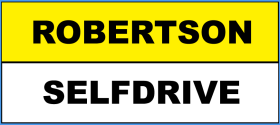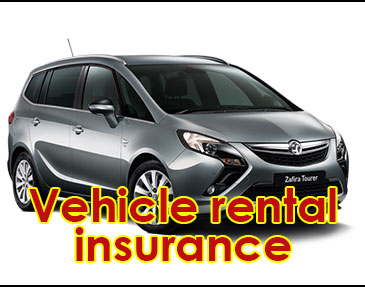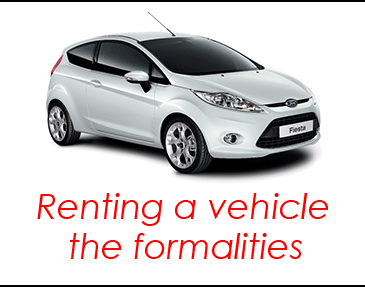Rental Vehicle Insurance and Claims
Given that there has been some adverse publicity about customers being overcharged on insurance and damage repair particularly by rental companies with a European connection we thought our customers would like to know exactly how we handle the whole issue.
We have a damage report for every vehicle, detailing its general state of repair. When a customer comes in to rent a vehicle we give them a copy of that report and ask them to also walk around the vehicle themselves and tell us if they spot anything not already listed in the report.
Vehicles are often returned out of hours at the end of rental periods, and the keys posted through our letterbox, so if we find additional damage on a returned vehicle our first action is to speak to the customer about it.
We insure all our vehicles but customers can choose the level of excess they are willing to pay. The minimum level is £200 and the highest is £750. Customers can pay a little extra on the rental if they wish to reduce the level of excess payment.
Obviously if there has been a collision, we would expect our customer to exchange insurer details in the same way as if they owned the car, and to get the contact details of any other party involved in the collision.
If the car has been in a collision, or sustained other damage, during the rental period customers are asked to fill in an accident form, which we then send to our insurers.
If the customer is considered not to have been at fault for the damage the excess payment deposit is returned to them by our insurers.
We take care of any damage repairs. We don’t have “preferred suppliers” who have to pay for the privilege. We prefer to get estimates from local companies that we know and trust and we then supply them to our fleet insurers.
Our system is therefore as cost-effective as possible for our customers and we have confidence that repairs are carried out by trusted, local suppliers who we know will do a good job at a reasonable price.



